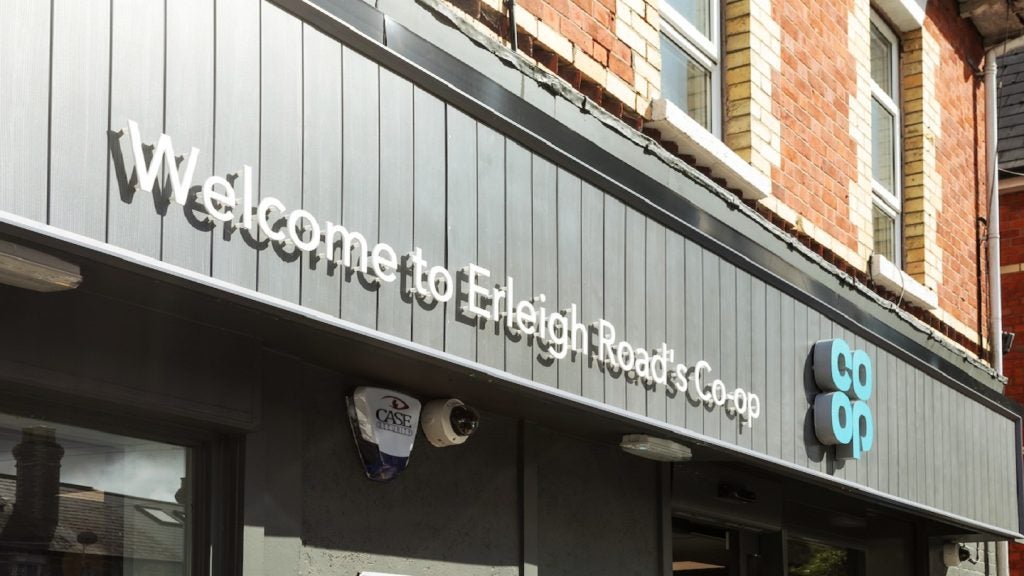For the past three years, student loan borrowers in the US have enjoyed a rare respite: a suspension of interest accumulation on their loans.
This temporary relief, implemented in response to economic challenges, provided some financial breathing room for millions of individuals.
However, on Friday, 1 September, interest on student loan debt started accruing and payments are expected to commence on 1 October.
Retailers anticipate a downturn
Retailers are closely monitoring the situation, as they are well aware that consumer spending plays a pivotal role in their business. The conclusion of the interest suspension could lead to reduced disposable income for many borrowers, which may result in decreased spending on non-essential items.
In response to this impending challenge, some retailers are adopting strategic approaches to remain resilient. They recognise that standing out in a competitive market is essential.
One strategy involves offering a unique assortment of products that cater to specific consumer needs while maintaining an attractive price point. This approach aims to retain customer loyalty and entice new shoppers despite potential financial constraints.
Embracing digital channels
Additionally, many retailers are doubling down on their online presence. The shift towards e-commerce has accelerated during the pandemic and retailers see this as an opportunity to reach a wider audience.
By investing in digital channels, businesses hope to capture consumers looking for convenience and value, even in a post-interest suspension era.
In conclusion, the end of the three-year suspension on student loan interest accrual is raising concerns within the retail sector. While it may impact consumer spending, retailers are exploring various strategies to navigate this challenge, including offering distinct products and embracing digital platforms.
Adapting to the new retail landscape will be crucial for businesses aiming to thrive in these changing economic times.















